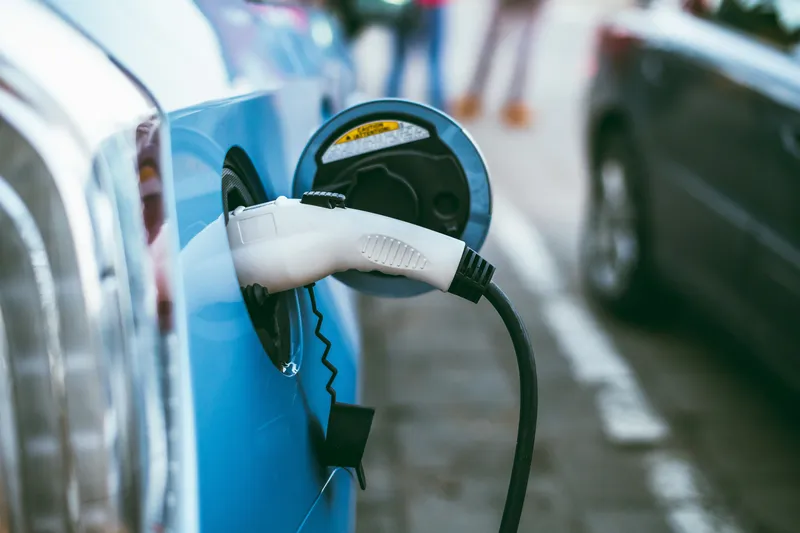According to new analysis from Frost and Sullivan, Strategic Analysis of Global Market for Range Extenders, major challenges currently faced by the electric vehicle (EV) revolve around the inability to provide long range in a single charge as well as the lengthy charging times that can vary from thirty minutes to ten hours. This has limited the number of adopters for EVs. Range extender technology overcomes these challenges, strategically positioned to make strong gains in the EV market. Currently, the mark
February 4, 2013
Read time: 3 mins
According to new analysis from Frost & Sullivan, Strategic Analysis of Global Market for Range Extenders, major challenges currently faced by the electric vehicle (EV) revolve around the inability to provide long range in a single charge as well as the lengthy charging times that can vary from thirty minutes to ten hours. This has limited the number of adopters for EVs.
Range extender technology overcomes these challenges, strategically positioned to make strong gains in the EV market. Currently, the market for range extenders is nascent and only one extended range EV (eREV) model is available. However, more than fourteen models are expected to be available by 2018.
The report estimates the total market for range extenders to be 329,277 over 329,000 units by 2018. eREVs will be equipped with different applications such as internal combustion engine range extenders, fuel cell range extenders and micro-gas turbine range extenders. Internal combustion range extenders are expected to be the most widely used technology with an estimated market share of 77 per cent globally by 2018.
“Range extender technologies overcome the major challenge of range anxiety and extended times taken to charge, by generating onboard electricity with the help of different technologies such as internal combustion engine, fuel cell stack and micro-gas turbine,” explains Frost and Sullivan automotive and transportation research associate Prajyot Sathe. “This is fuelling the trend toward plug-in hybrids and eREVs.”
An eREV consumes very little fuel, as the primary function of an internal combustion engine or fuel cell or micro-gas turbine is recharging the battery, rather than powering the wheels. Therefore, the extra miles are added at minimal cost.
“The integration of range extenders in EVs will result in more than 50 per cent reduction in emissions and significant fuel savings,” Mr. Sathe adds. “There is a major focus on engine downsizing which will help lower costs and lead to exponential calibration and optimisation complexity, as the same level of detail and features can be retained even though the vehicle is downsized.”
The market for range extenders is expected to develop at a rapid rate as major OEMs have models lined up to be launched within the next three years. Moreover, fuel cell vehicles are expected to be commercialised by 2015. Such trends will have a positive ripple effect on the uptake of extender range technologies.
Range extender technology overcomes these challenges, strategically positioned to make strong gains in the EV market. Currently, the market for range extenders is nascent and only one extended range EV (eREV) model is available. However, more than fourteen models are expected to be available by 2018.
The report estimates the total market for range extenders to be 329,277 over 329,000 units by 2018. eREVs will be equipped with different applications such as internal combustion engine range extenders, fuel cell range extenders and micro-gas turbine range extenders. Internal combustion range extenders are expected to be the most widely used technology with an estimated market share of 77 per cent globally by 2018.
“Range extender technologies overcome the major challenge of range anxiety and extended times taken to charge, by generating onboard electricity with the help of different technologies such as internal combustion engine, fuel cell stack and micro-gas turbine,” explains Frost and Sullivan automotive and transportation research associate Prajyot Sathe. “This is fuelling the trend toward plug-in hybrids and eREVs.”
An eREV consumes very little fuel, as the primary function of an internal combustion engine or fuel cell or micro-gas turbine is recharging the battery, rather than powering the wheels. Therefore, the extra miles are added at minimal cost.
“The integration of range extenders in EVs will result in more than 50 per cent reduction in emissions and significant fuel savings,” Mr. Sathe adds. “There is a major focus on engine downsizing which will help lower costs and lead to exponential calibration and optimisation complexity, as the same level of detail and features can be retained even though the vehicle is downsized.”
The market for range extenders is expected to develop at a rapid rate as major OEMs have models lined up to be launched within the next three years. Moreover, fuel cell vehicles are expected to be commercialised by 2015. Such trends will have a positive ripple effect on the uptake of extender range technologies.









